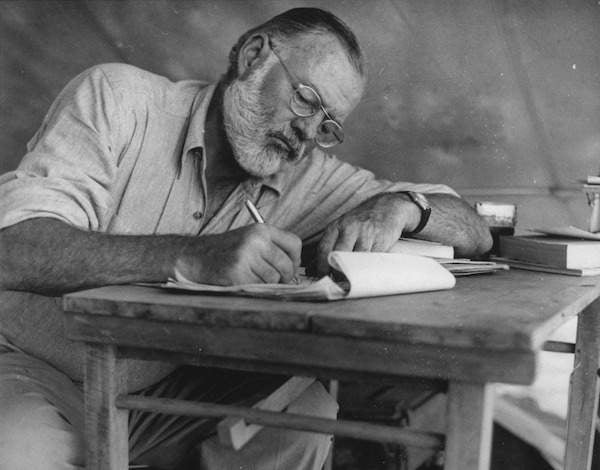
Readers and experts share their views on life after Covid, yachting and remote justice in response to issue 74 of Spear’s
Innovation will help us recover
SIR – I enjoyed reading Covid-19: 2025 (Spear’s issue 74), but I was surprised there was no mention of encouraging entrepreneurial and innovative thinking. Steve Jobs once remarked that ‘innovation distinguishes between a leader and a follower’ – an observation which will become increasingly important as the 2020s progress.
It is always tempting to focus on macro-level fiscal, trade, price-level and economic growth factors, but all these are built upon billions of smaller decisions at the personal and corporate level. Among all the challenges and heartbreaks of Covid-19, there has been the opportunity to try new ways of living and thinking.
Given it is patently a more competitive world out there, government leaders, business executives and people should all have a shared interest in finding new ways to build dynamism. It has frequently struck me that the country most interested in supply-side changes is China, apparently as part of its multi-decade economic improvement plan.
I am pretty certain how Jobs would interpret this, but for the Western world it should be more than a nudge that just hoping life can return to how it was in 2019 is not the right mindset. As Churchill once noted: ‘To improve is to change; to be perfect is to change often.’
Chris Bailey, Raymond James
A loaded deck
SIR – Reading about Lady Moura’s 30th anniversary in your last issue led me to reflect on how the yachting industry has changed over the past three decades, and how it will continue to evolve. Iconic superyachts such as Lady Moura are imbued with history and yachting innovation, and we must continue to evolve as an industry to integrate this tradition with sustainability for the next generation of yachting enthusiasts.
Not only are the styles of yachts changing, but also the features and toys required onboard and the destinations they visit. At Yachting Partners International, we are excited to tackle new challenges, such as our sustainability initiatives around the reduction of carbon emissions and plastic.
Covid-19 continues to cast a shadow across the travel industry. It’s easy to understand why more people are turning to yachting, where they can be surrounded by friends and family in a safer environment, away from busy tourist hotspots.
As we look to the future, YPI is evolving for the clients of 2050, who will place sustainability, personalisation and memorable experiences in unique locations at the top of their priority list. We are a community of people who love the ocean and it is critical that we play our part to help preserve it for future generations.
Abdullah Nahar, Yachting Partners International
Tough choices
SIR – Your cover story asks where Covid-19 will leave us in five years’ time. My discussions with family, colleagues and clients are focused on difficult choices we have to make today, the values we prioritise, and where they will take us. 2025 marks the halfway point towards achieving the UN Sustainable Development Goals, against which we have made poor progress to date.
Professor Ian Goldin is right that people will look back and say we ‘woke up’ – both to the inherent fragility of the socioeconomic structures we have built, and of our relationship with the natural world in which we live.
There are tough times ahead; much has been sacrificed in our efforts to put humanity first. As we went into lockdown, our firm went ahead with the long-planned launch of Mishcon Purpose, a purpose-led business to help our clients with these challenging decisions. The timing was coincidental, although, it seems it could not have been more important.
Alexander Rhodes, Mishcon Purpose
Out of court
SIR – I like paper. But since lockdown my IT skills have improved rapidly, not least given the swift migration by the family justice system to remote access and virtual hearings. The courts have still been open for some cases where it is safe to do so. However, thousands of applications are taking place remotely every day, dealing with access to children and divorce cases among others.
The debate is in full swing as to what is being lost in terms of the face-to-face judicial assessment of a witness versus the advantages of a party being able to give evidence from home. However, the remote revolution has already delivered huge benefits to support the continuity of the courts and the justice system, and it can surely deliver more in terms of accessibility and saving time and costs in future.
Jane Keir, Kingsley Napley LLP
To submit a letter for publication in Spear’s, email arun.kakar@spearswms.com. All correspondence will be considered for publication unless otherwise stated.







